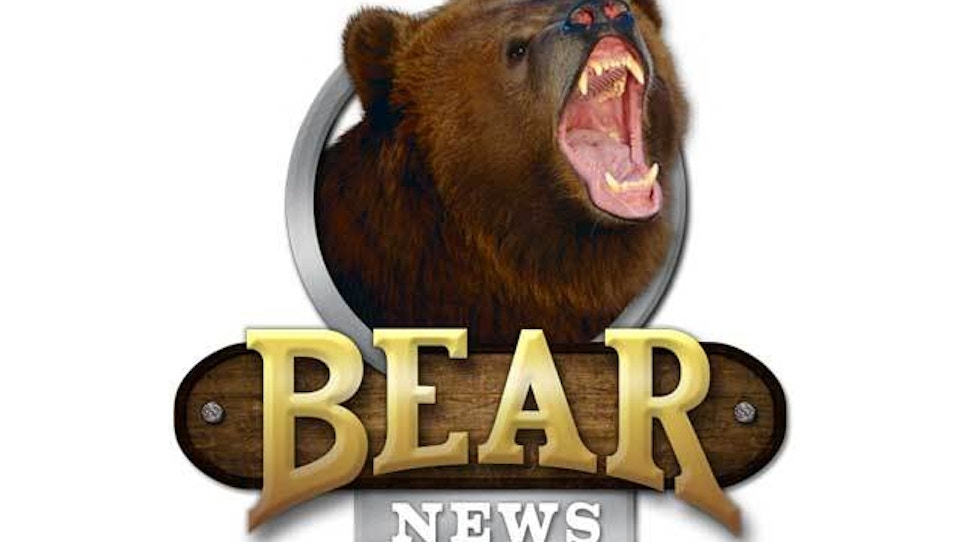By WILSON RING | Associated Press
MONTPELIER, Vt. (AP) — More than 10,000 hunters bought special tags to hunt bears during Vermont's first two-part bear season in 2013, a number that surprised and pleased Vermont Fish and Wildlife officials who manage the state's bear population.
The hunters took a total of 557 bears during the 85 days of the 2013 hunting seasons, officials said. They included the Sept. 1-Nov. 15 early season and a second season that both slightly overlapped with the first and coincided with the first nine days of rifle deer hunting season in November.
Information from the hunters who bought special tags to hunt bears will ultimately make it easier for the biologists to manage the bear population, said Mark Scott, the director of Wildlife for the Vermont Department of Fish and Wildlife.
"We want hunters, when they go out there in the fall, to think twice before they want to shoot a bear or not, and by asking them to consider purchasing a tag, it's going to start that question right there," Scott said.
He said the tags give the agency better information on who's hunting bears outside of deer season.
Of the total, 306 bears were taken during the early season and 251 in the season that overlapped with deer season. Montgomery and Sutton, both in northern Vermont, had the highest number of bears taken with 11 in each town.
In 2012, hunters took 620 bears under the old system. But state bear biologist Forrest Hammond said there was a shortage of food for bears in 2012, meaning the hungry bears were easier for hunters to find. By contrast there was an ample supply of food for bears in the woods in 2013.
Before 2013, anyone who bought a hunting license would receive a tag to hunt bears and deer. The bear season ran from Sept. 1 until five days into the November rifle deer hunting season, and historically most bears were shot by deer hunters who happened to spot a bear rather than a deer, Scott said.
This year, in addition to the early season bear tag, hunters could take bears during the first nine days of the rifle deer season without having to buy an extra tag.
The number of bear tags shows the interest in bear hunting is growing, and the new split season was pushed by Vermont's bear hunters. Scott said officials didn't know how well the idea would work. They were surprised that more than 10,000 people bought the bear tags at $5 for residents and $15 for non-residents in addition to the cost of the hunting license.
"All of us would have lost a bet on this one," Scott said.
Vermont is home to just under 6,000 bears, the upper limit of the ideal management goal and biologists use hunting as a way to control the population and minimize conflicts with people.
"We have to have hunting pressure right now to control the growth of the bear population," Scott said.






